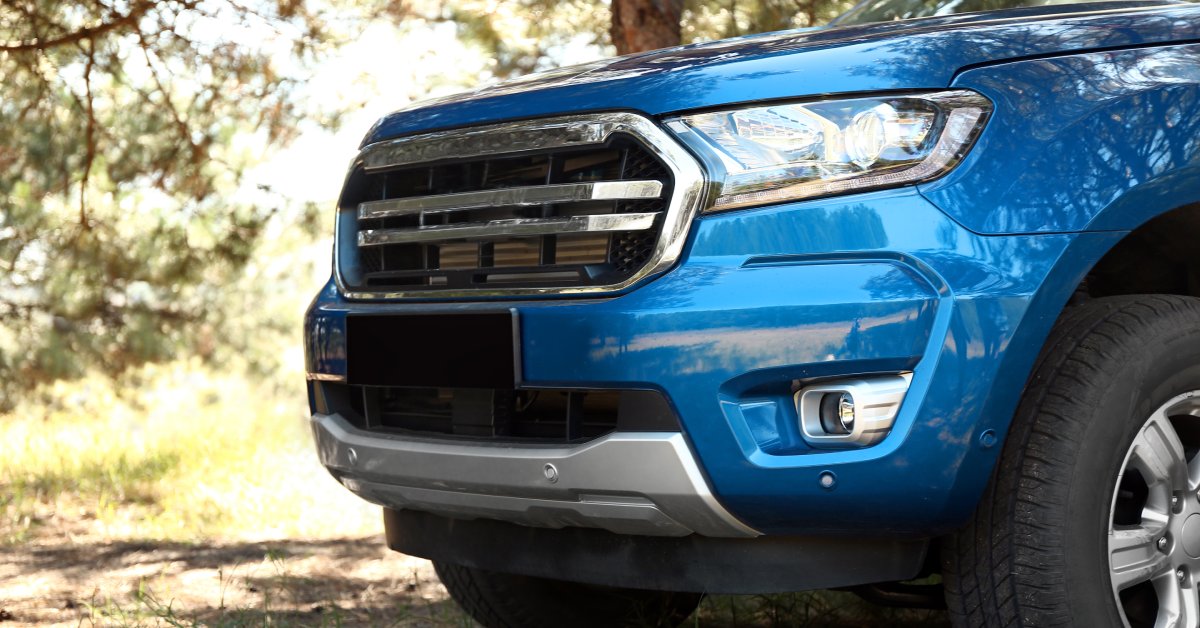

A Senate committee just voted to keep your vehicle’s black box data private.
Automotive black boxes were designed to help keep America’s drivers safe, and to assist law enforcement in figuring out exactly what happened in car crashes. But critics argued that the information stored on them may be used in questionable ways, violating citizens’ privacy rights. Turns out a Senate committee agrees.
Members of the Senate Commerce Committee recently voted to grant bipartisan approval of legislation stipulating that the owner or lessee of a vehicle is the only person entitled to its black-box data. Of course, there are a few exceptions. First proposed by Senators Amy Klobuchar (D-MN) and John Hoeven (R-ND) last year, the legislation does allow for law enforcement to access information needed in an investigation of a car crash. The National Highway Traffic Safety Administration also can collect data needed for recalls, but personal information that may be stored on your ride’s black box, also known as an Electronic Data Recorder (EDR) is off limits.
“EDRs can serve a useful function by helping to make cars and streets safer, but access to the data should be treated as personal except under very specific circumstances,” Sen. Hoeven wrote on his website.
Many people have no idea that their vehicle even has a black box. Fact is, EDRs already are installed in over 90 percent of American vehicles, tracking data on your speed and braking habits, airbag deployment and, in some cases, you ride’s location. If the NHTSA has its way, black boxes eventually may be mandated in all cars. So, the new legislation comes none-too-soon for privacy advocates.
How do you feel about the Senate committee’s vote and about black boxes in general? Post your thoughts on the E3 Spark Plugs Facebook Fan Page.







